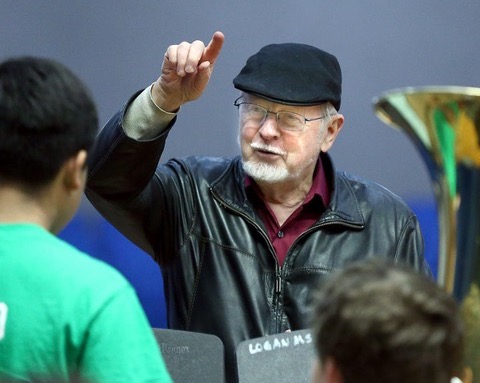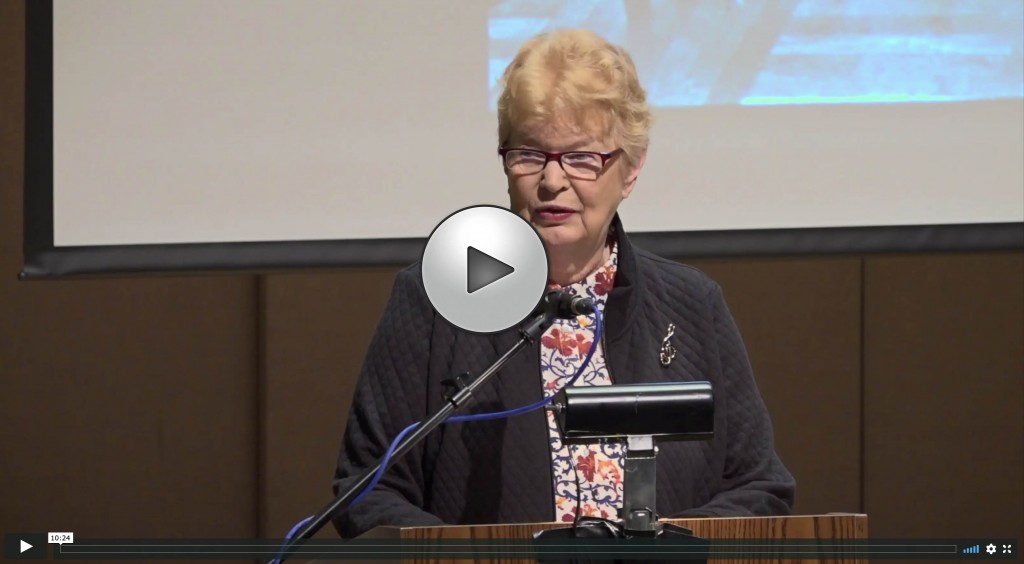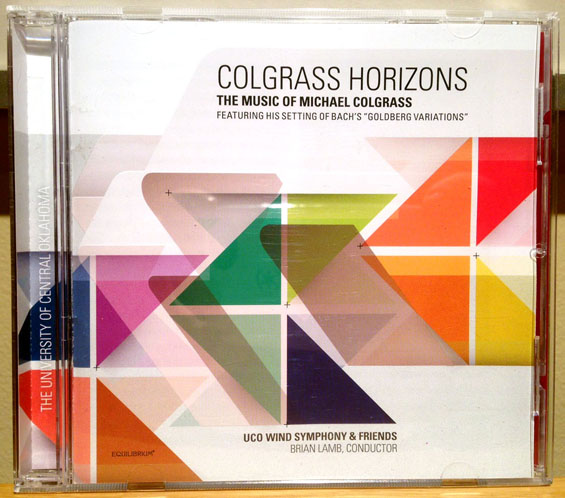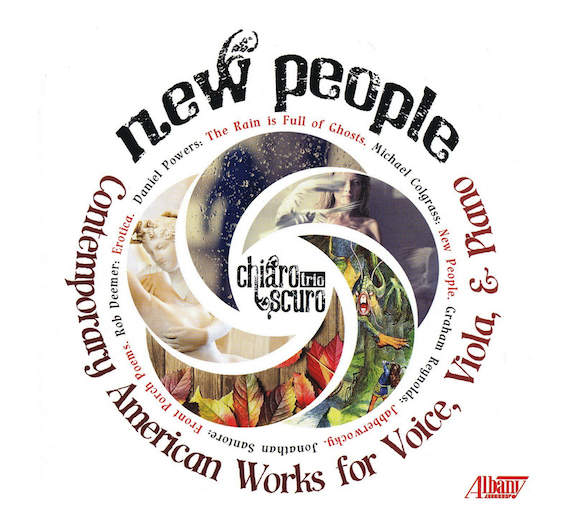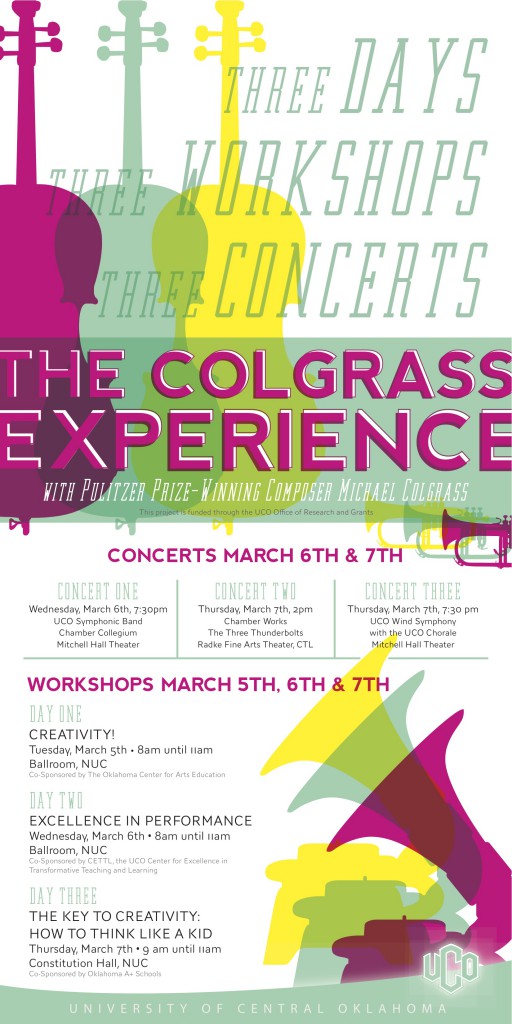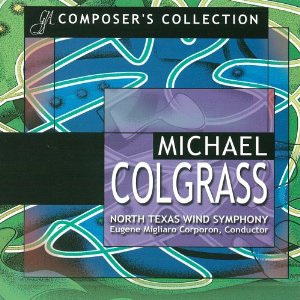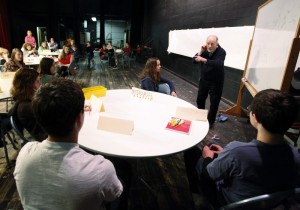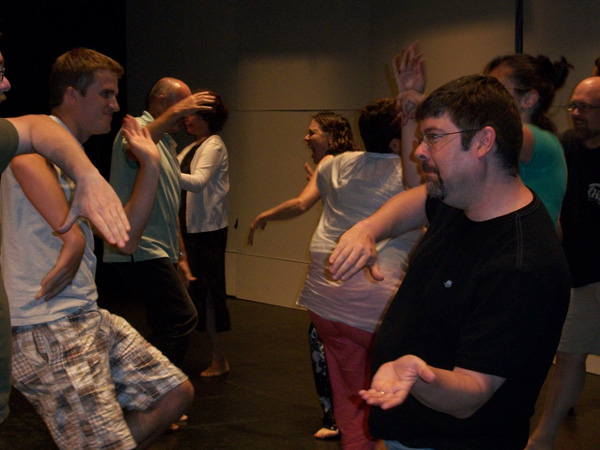Archive for the ‘Updates’ Category
Colgrass Archive Open
Sunday, September 10th, 2023MICHAEL COLGRASS, 1932-2019
Monday, April 20th, 2020Michael Colgrass had a remarkable life lasting 87 years, from 22 April 1932 to 2 July 2019.
His health had been failing gradually in recent years, but as his friends know, he enjoyed life until the end. They went with him to concerts, came to play music in his home, and brought food and laughter. Michael did not want any ceremonies after he was gone, but he always loved a party. So his wife Ulla and son Neal arranged a festive celebration on November 10 in Walter Hall at the University of Toronto. People poured in from Canada, Europe and all over the U.S. to play music and talk about how Michael had influenced their lives as composer, educator, therapist and friend. Michael’s family came from many parts of the States. More than 25 people took to the stage and over several hours played some of Michael’s favourite music, from jazz to Bach and new music. See presentations by Ulla, violist Rivka Golani, pianist Joanne Kong, and others.
Three major orchestral works by Michael were issued shortly before he died as a CD from Boston Modern Orchestra Project with the title work “Side by Side” with soloist Joanne Kong, as well as “The Schubert Birds” and “Letter from Mozart.” A rather complete listing of his works can be found here at his website.
My ‘Goldberg Variations’ Out on CD
Wednesday, January 1st, 2014Some years ago I wrote a chamber-ensemble arrangement of Bach’s Goldberg Variations for my wife’s birthday—and conducted a small, surprise performance of the piece for her in our living room.
Now Equilibrium Records has released a terrific performance on CD by the University of Central Oklahoma Faculty Chamber Collegium, conducted by Brian Lamb.
At MusicalToronto.org, John Terauds lists the CD as one the “Best of 2013″. From his original review:
“What if someone forgot to let the world know that they have just released one of the year’s finest classical albums? That’s the case with an absolutely brilliant recording of an absolutely brilliant arrangement of J.S. Bach’s Goldberg Variations by Toronto composer Michael Colgrass.
“…His first masterstroke is in small, unlikely pairings of instruments: say marimba and clarinet, or flute and trombone, or cello and French horn — just enough for colour and texture yet entirely devoted to putting the focus on each musical line.
“Colgrass’s second masterstroke is in the musical analysis he did before beginning this arrangement. A keyboard player — especially when she or he has all the colours of a modern piano at hand — needs to spend hundreds of hours figuring out which voices to highlight in every one of the variations.
“The listener has to be convinced that there is no other way that this music could sound right — even if the interpreter (or, in this case, the arranger) knows that there are, in fact, thousands of other little options and permutations. Like Jeremy Denk’s magnificent new recording for piano, these Goldbergs wear a smiling heart on their impeccably tailored sleeve.”
Click for the full review. And find the CD at Equilibrium.
Chiaroscuro Trio Records ‘New People’
Tuesday, August 27th, 2013The excellent Chiaroscuro Trio has made a marvellous recording of my “New People” song cycle, along with four other pieces for mezzosoprano, viola and piano by contemporary composers. Elizabeth Petillot is the first-rate soloist. Aurelien Petillot and Yuko Kato support her with great viola and piano playing. I’m proud of this fine recording and recommend it as representative of these songs.
Workshops & Concerts in Oklahoma
Wednesday, February 27th, 2013I’ll be giving performance & creativity workshops for students at the University of Central Oklahoma on March 5, 6 and 7. Their outstanding student and faculty performance groups will be playing a wide variety of my pieces, from chamber to wind ensemble. Read about my “Key to Creativity: Think Like a Kid” workshop here or concerts here (scroll down to March). See the poster below.
New Percussion and Wind Ensemble CDs
Friday, July 13th, 2012
I have a couple of new CD collections out this summer — one of my 1950s percussion music, the other of wind ensemble pieces like Arctic Dreams and younger-band works like Bali and Beethoven’s Machine.
Patrick Roulet did a terrific job of assembling my percussion pieces on Michael Colgrass: Percussion Music, 1951-1957 for Equilibrium. He even included excerpts of me talking about music and my life as a composer. Bravo, Patrick!
The wind music CD — Composer’s Collection: Michael Colgrass on the GIA label — is available for download.
Here are a few excerpts from Brian Buerkle’s review in the American Record Guide:
On Arctic Dreams:
The work is in seven programmatic movements and uses some interesting colors and new sounds. Unique combinations of instruments and voices depict the icy environment, even animal calls. … I found a short video excerpt on the Internet from a new documentary, called Michael Colgrass: Musical Maverick, where he discusses the time he spent in the Arctic and how it inspired him to write Arctic Dreams. He has a unique voice in wind repertoire, and this piece is certainly an adventure.
On Bali:
One of his most challenging works for young band is his 2005 composition, Bali, inspired by an extended stay in Ubud, a town in south central Bali. It’s a creative and playful work that is full of the joy of its people. … All of these works [for younger bands] are performed with conviction by the North Texas Wind Symphony.
On Winds of Nagual:
[Colgrass] drew his inspiration from tales by Carlos Castaneda about a Yaqui Indian sorcerer from Mexico. The programmatic work is in seven movements that play along like a film score. The Cincinnati Wind Symphony performance is flawless and exciting.
On Raag Mala:
Colgrass uses the instruments in interesting combinations to mimic the sound of Indian culture and music. He rarely scores for the full band at once, instead writing a series of significant solo passages for clarinet, bass clarinet, saxophone, trombone, and flute that are often accompanied by a drone-like pipe organ. The Georgia ensemble plays very well. … The sound quality is fantastic in this excellent set.
You can read the whole review here. And if you aren’t already reading the American Record Guide, I highly recommend getting a subscription.
‘The Colgrass Experience’ Workshop at The Hartt School
Tuesday, June 5th, 2012Join me and conductor Glen Adsit this summer for “The Colgrass Experience: Music Making, Creating, Conducting and Self-Discovery”!
It’s a week-long workshop at The Hartt School, where Glen and I show music educators how to teach their students to compose, conduct and perform music using only graphic notation. I also throw in NLP techniques, including language skills and walk-ons!
The dates: July 23-July 27, 2012. The place: The Hartt School, University of Hartford, in Hartford, Connecticut. Sign up here.
And here’s a video directed and edited by my son Neal about the workshop:
(Direct link here)
Marina Piccinini’s Flute Pants, Growls, Cries and Mutters
Wednesday, March 14th, 2012Flute player Marina Piccinini performed my “Wild Riot of the Shaman’s Dream” in Boston on Sunday, inspiring these words from Jeremy Eichler in the Boston Globe:
Piccinini’s remarkable solo turn came via Michael Colgrass’s “Wild Riot of the Shaman’s Dream,’’ a long flood of expressionistic gestures calling for the flute (as Colgrass puts it) to “pant, growl, cry, and mutter.’’ I might add gasp, purr, and scream. Piccinini’s account was a tour de force of modern flute playing.
Piccinini shared the stage with violist Kim Kashkashian and harpist Sivan Magen in what Eichler called “a transfixing recital.” This fine trio also played music by Rameau (“Pièces de clavecin en concert’’), Gubaidulina (“The Garden of Joy and Sorrow’’) and Debussy (his late L.137 sonata).
Eichler says “the night as a whole had the charm and resonance of one of those Kurtag miniatures: a small vessel with a secret cargo.” See his entire review here.
A Week of BMOP and Mt. Horeb
Tuesday, December 13th, 2011A couple of weeks ago the Boston Modern Orchestra Project performed my piece Letter From Mozart and the music of three other Canadian composers—Kati Agócs, Colin McPhee and Claude Vivier. Here is an excerpt from the Boston Classical Review:
Geographically, Canada is not that far away from Boston. Some of the Canadian music heard Sunday afternoon at Jordan Hall, however, sounded like it was coming from a much greater distance. …
Michael Colgrass’s Letter from Mozart was by far the most complex work on the program, and the most successfully executed. Set for large ensemble, Letter takes a theme from Mozart, stated crisply by Osborn-Blaschke to start the proceedings, and embarks on a journey that might be called “theme and incomplete variations.”
Colgrass layers the thematic explorations for various instrumental combinations in a musical style that manages to successfully straddle the line between serious and sardonic. The musical argument grows so dense that two conductors (Rose, assisted by Andrew Clark) are necessary. Yet what could become musical mayhem — overlaid sections, shifting harmonies — comes off as mysteriously affecting. The comic moments — at one point a polka tries to emerge, only to be interrupted — provide a countermeasure to the prevailing poignancy.
I read the BMOP review while visiting Mt. Horeb, Wisconsin, where I was teaching middle and high school students how to compose music with graphic notation. Luckily the journalist who covered it for the Wisconsin State Journal is a music lover:
MOUNT HOREB — Michael Colgrass spent his time in high school music classes trying to add to his collection of spitballs on the classroom ceiling because his teachers made learning and understanding music a boring chore.
As his career as an award-winning composer winds down, the 79-year-old Colgrass has returned to the classroom — including a four-day residency at Mount Horeb High School that began Wednesday — as an acclaimed teacher who emphasizes fun and creativity while taking simple sounds and turning them into a special piece of music.
There are no spitballers in sight. Just budding composers.
“I see these kids and I think energy, brightness, creativity. Bring it out. Develop it. Don’t let it go sideways and end up in the street someplace,” Colgrass said.
Colgrass, an American who lives in Toronto, is one of the most distinguished composers in the world. He won the Pulitzer Prize for Music in 1978 for “Déjà vu,” which was commissioned and premiered by the New York Philharmonic Orchestra. He also won an Emmy, two Guggenheim Fellowships, a Rockefeller Grant and other awards.
Colgrass, who also is spending time at Madison Edgewood High School this week, was brought to the Mount Horeb music department thanks to a donation by an anonymous couple who stipulated it be used for something unique that would affect as many students as possible.
“Part of what his approach does is free your imagination to hear what you’d like to hear and then figure out how to write it instead of being so concerned about the mechanics of the writing that you lose the creative element,” said Mount Horeb band director Will Janssen.
By the time Colgrass leaves, the group of high school and middle school students will have composed music that will be performed at a concert Saturday night. And they will have composed it by representing sounds on paper with a line, figure or a series of dots he calls a soundscape.
The notes come later. Much, much later.
The students in the composing group kept an open mind Wednesday as they prepared to make music. “We’re not sure if it’s an effective way to make sure we get what we want written out. But we’ll give it a try,” junior Andrew Hill said.
“If you come at this with a closed mind, you definitely aren’t going to like it because you are drawing music,” he added.
Colgrass sometimes wonders before the concert what parents and teachers will think about the students’ music.
“Are they going to say, ‘That doesn’t sound like music. Where’s the melody?’ But they don’t,” Colgrass said. “If you first explain to them the process, they are always excited about it and like it. They seem to understand.”
Creativity and Performance Workshops at The Hartt School
Sunday, June 26th, 2011In July I’ll be conducting creativity and performance workshops at The Hartt School with conductor Glen Adsit, and you’re welcome to join us.
Here’s a workshop summary borrowed brazenly from The Hartt School’s terrific website:
Participants in this active workshop will learn to create music, teach students to compose music and conduct music using graphic notation. In addition, Michael’s mastery of Neuro Linguistic Programming techniques will help you gain confidence and excellence in performance.
CREATIVITY
Writing your own music using graphic notation will enable you to:
Create original pieces
Conduct them with the group
Analyze new works
Teach children and adults how to write music
CONDUCTING
Develop your personal conducting skills through graphic and traditional notation. Students will explore ways to become more expressive conductors.
Learn to create descriptive musical gestures
Develop independence between left and right hands
Learn how to conduct outside the beat pattern
PERFORMANCE
Learn techniques from NLP (Neuro Linguistic Programming), mime and self-hypnosis to effectively:
Deal with stage fright
Concentrate under pressure
Perform with comfort and ease
Align your life with your art
Coach your own performance
PROFESSIONAL BENEFITS
Develop new methods of teaching, conducting and performing music
Learn by experiencing the ‘discovery method’
Learn more creative ways to fulfill the national standards for teaching creativity
JULY 18-22, 2011
$735 (+$45 registration fee)
3 Graduate Credits
On-Campus housing and registration information available at: www.hartford.edu/hartt/summerterm.
Go here to see photos from last year’s workshops at The Hartt School (click on ‘Recent Workshops’).
